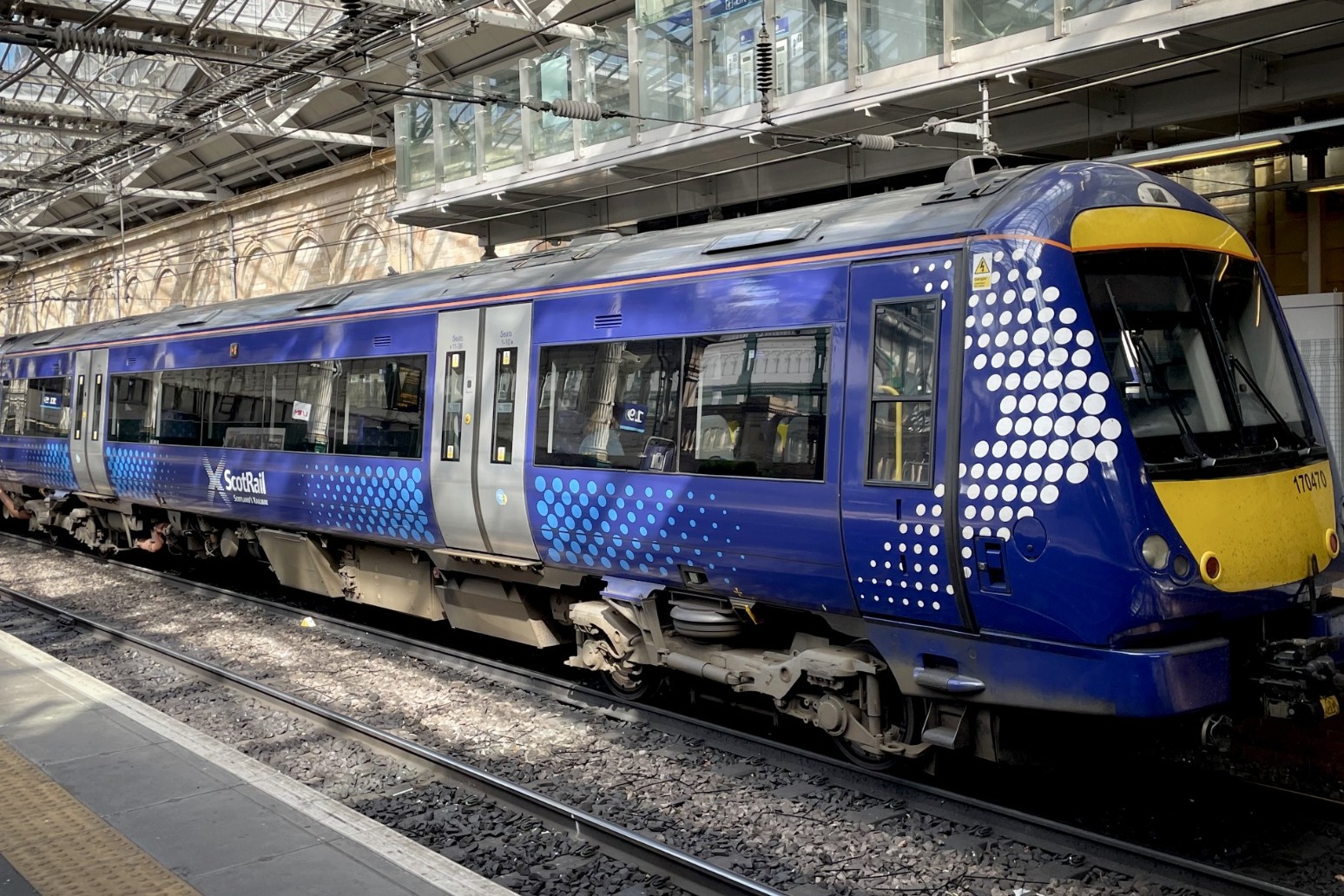
Rail passenger numbers could nearly double by 2050 compared with pre-pandemic levels, according to research.
Demand will grow by between 37% and 97% by that point under various scenarios, the study commissioned by industry body Railway Industry Association (RIA) said.
Under “any scenario”, the number of people wanting to travel by train “will grow well beyond the capacity provided for today”, the report conducted by consultancy Steer added.
This is “growth that government policy, rail services and operators will need to accommodate”, it added.
Researchers said the number of people using the railways has returned to around 90% of pre-Covid levels, and they expect a full recovery to take place in the next four to seven years.
Separate Office of Rail and Road figures show 1.7 billion passenger journeys were made in the 2019/20 financial year, which was largely unaffected by the virus crisis.
The pandemic halted a sustained growth in usage of the network since train operation was privatised in the mid-1990s.
The RIA report sets out that a “range of factors” will influence passenger numbers, including government policies affecting issues such as fares, timetables and infrastructure, as well as population and economic growth, and competition from other forms of transport.
RIA chief executive Darren Caplan said: “This landmark report sets out a range of scenarios for future rail passenger growth, yet under all of them passenger numbers grow, which will have clear impacts on capacity in the future.
“Under the lowest growth scenario, even if the UK Government does nothing and lets the industry drift along as it is, rail passenger numbers still grow by a third in the 25 years to 2050.
“Alternatively, if a future government adopts a bold and ambitious strategy to improve the customer offer and drive some behavioural change, passenger numbers could double by 2050, dramatically increasing revenues.
“Freight is also likely to grow in this time, with the Government itself setting a 75% growth target over the next 25 years.
“There is clearly a huge opportunity to expand rail travel, benefiting the UK’s economy and its connectivity, as well as bringing social and decarbonisation benefits.
“To achieve this, we need to see rail reform and a long-term rail strategy as soon as possible, including a plan for increased north-south capacity, which all rail experts agree will not be delivered under current plans.”
A spokesperson for the Department for Transport said: “With passenger numbers having doubled following privatisation, our plans for Great British Railways will make the most of industry expertise while putting the customer – both passenger and freight – first.
“As well as publishing a draft Bill shortly, we’re pressing ahead with wider reforms including expanding access to pay-as-you-go and piloting simpler fares.”
Published: by Radio NewsHub





